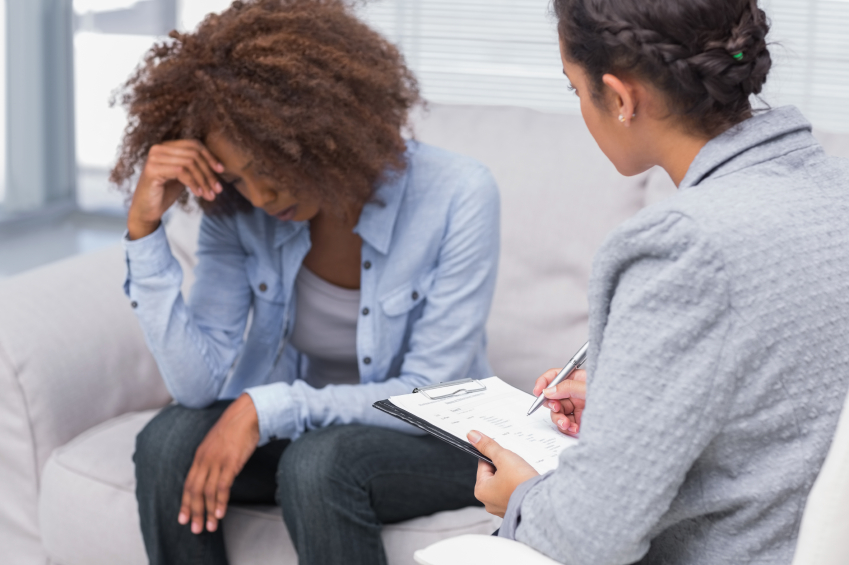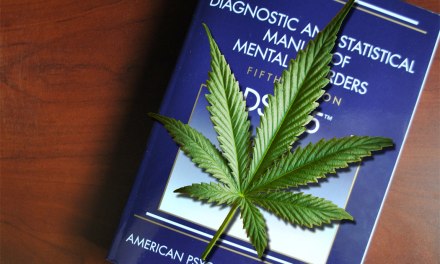I’m far from a regular reader of the Dear Abby column — that cannot be the original Abby, can it? — but then my news feed plucked this particular column from The New York Post, with a letter from a reader that caught my attention.
My Husband’s Personality Changed for the Worse When He Quit Abusing Drugs
Not the first time I’ve heard that.
In this case, her spouse was a longtime abuser of prescription drugs– she doesn’t specify which ones– and she was glad when he finally decided to get clean. Now, however, she claims he’s actually much angrier, more difficult to live with than when he was still using, She doesn’t want him to return to his old ways, that’s for sure. She does want him to come with her to family counseling.
He adamantly refuses. She’s turned to a newspaper advice columnist for guidance.
I heard a similar story from a former high school classmate who’d participated in a family intervention. The intervention worked, his Dad completed rehab, and then successfully remained sober. “But he never stopped being angry,” his son complained, years later. “We tolerated it, because we didn’t want to give him an excuse to relapse. But I always wondered where all that anger came from. Was it a product of his alcoholism? Or was it always there, underneath, and the alcohol just covered it up?”
Good question. I imagine you could get contrasting opinions from different places.
A 12 Step sponsor might attribute it to the “Dry Drunk” syndrome, a term for someone who’s managed to quit the drug but has yet to make the rest of the attitudinal and behavioral changes necessary for a happy, productive lifestyle. That’s one way to look at it.
A mental health professional might view his anger in terms of emotional immaturity, an underlying depression, even a personality disorder. And cite evidence to support that view.
One psychiatrist I worked with believed strongly that substance abuse was only a symptom of some unresolved (and, he believed, often unrecognized) trauma, usually abuse or neglect in childhood. He’d no doubt have recommended trauma-informed psychotherapy —possibly with the aid of psychedelic drugs. He was an advocate for that, too.
Like I said, everybody has an opinion. That applies to therapists, too. And they don’t always agree.
What did Dear Abby recommend? That the wife should go ahead and enter marriage and family counseling, even in her husband’s absence. Start getting better herself, despite the fact her husband wasn’t willing to help.
There are no perfect remedies, but all in all, that’s not a bad suggestion. I wasn’t 100% sure that someone with specialized marriage and family training was strictly necessary at this point, in view of their current situation. I thought she could probably do as well with a counselor experienced in treating families, especially those who had problems with addictions. Leave family therapy for later, when the rest of the family might be present.
It’s a judgment call.













